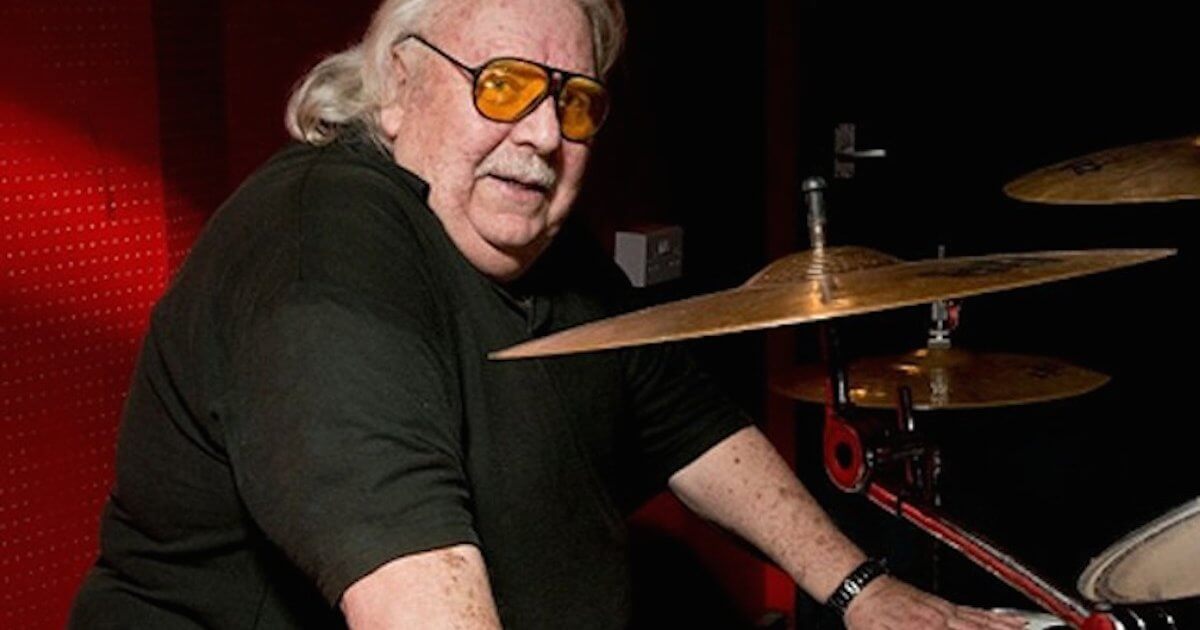Drumming Through Cancer
- Drummer Lee Kerslake passed away at the age of 73 after a two-year battle with prostate cancer.
- Kerslake collaborated with musician Ozzy Osbourne on two separate albums.
- Ozzy Osbourne’s wife, Sharon Osbourne, was diagnosed with colon cancer in 2002 and in 2012 underwent a preventative mastectomy after learning she was high-risk for breast cancer.
Kerslake revealed in 2018 that he had been diagnosed with prostate cancer, and that the cancer had spread throughout his body. However, he kept fighting over the past two years. Kerslake’s bandmate, Ken Hensley, broke the sad news of the drummer’s passing in a statement, sharing that he passed peacefully and credited him as one of the best drummers in Rock history.
Read MoreThe Osbournes’ Brush With Cancer
The Osbournes aren’t strangers to how a cancer diagnosis can impact a family. In 2002, after going 3 years without seeing a doctor, Sharon Osbourne was diagnosed with colon cancer at the age of 49. It ended up being Ozzy who pushed Osbourne to visit her physician, and in the end, she’s grateful that she listened to her husband. Once learning about her diagnosis, Osbourne underwent surgery, but after found out that the disease had spread.
She went through chemotherapy rounds for treatment, and her cancer journey was prominently featured on her family’s reality television show The Osbournes. The treatment ended up being successful, because she was declared “cancer free.” However, Osbourne’s brush with cancer didn’t stop there. In 2012, Osbourne went through genetic testing and learned she was considered high-risk for developing ovarian or breast cancer, and underwent a preventative double mastectomy to try to avoid a possible breast cancer diagnosis.
Navigating Advanced Prostate Cancer
Prostate cancer which has spread throughout the body is commonly referred to as metastatic, or an advanced version of the disease. This is different from early stage diagnoses, which means treatment can be different for patients. Sometimes, tailoring treatment around a man’s prostate cancer can lead to more successful outcomes.
Now, doctors are considering genetic testing for men with advanced prostate cancer, ideally at the time of diagnosis, which can help physician understand the disease better. It’s well known that knowledge is power in many circumstances, and knowing genetic sequences of tumors can help your doctor predict how well medications will respond to the disease.
When it comes to treatment, hormonal therapy is the first step that many doctors will take to fight advanced prostate cancer. While it cannot technically “cure” the disease, it’s shown enormous promise in fighting off aggressive cancer cells especially when given alongside chemotherapy. However, some tumors can stop responding responding to hormonal therapy, and if that’s the case they’ll switch to chemotherapy alone.
Giving chemotherapy to patients with advanced prostate cancer can alleviate pain they may experience as a result to the disease spreading throughout the body. Plus, it’s shown to prolong a person’s life up to a year.
“One of the things about chemo that’s really under appreciated, particularly for men, [is when] cancer [has] spread to the bones it’s often the cancer in the bones can cause a lot of pain,” Dr. Stephen Freedland, Director of the Center for Integrated Research in Cancer and Lifestyle at Cedars-Sinai, tells SurvivorNet. “So when they go on the chemotherapy, the pain gets better. What we’re finding now is if we give it earlier, much earlier, we can actually have very profound effects on extending life.”
Learn more about SurvivorNet's rigorous medical review process.

